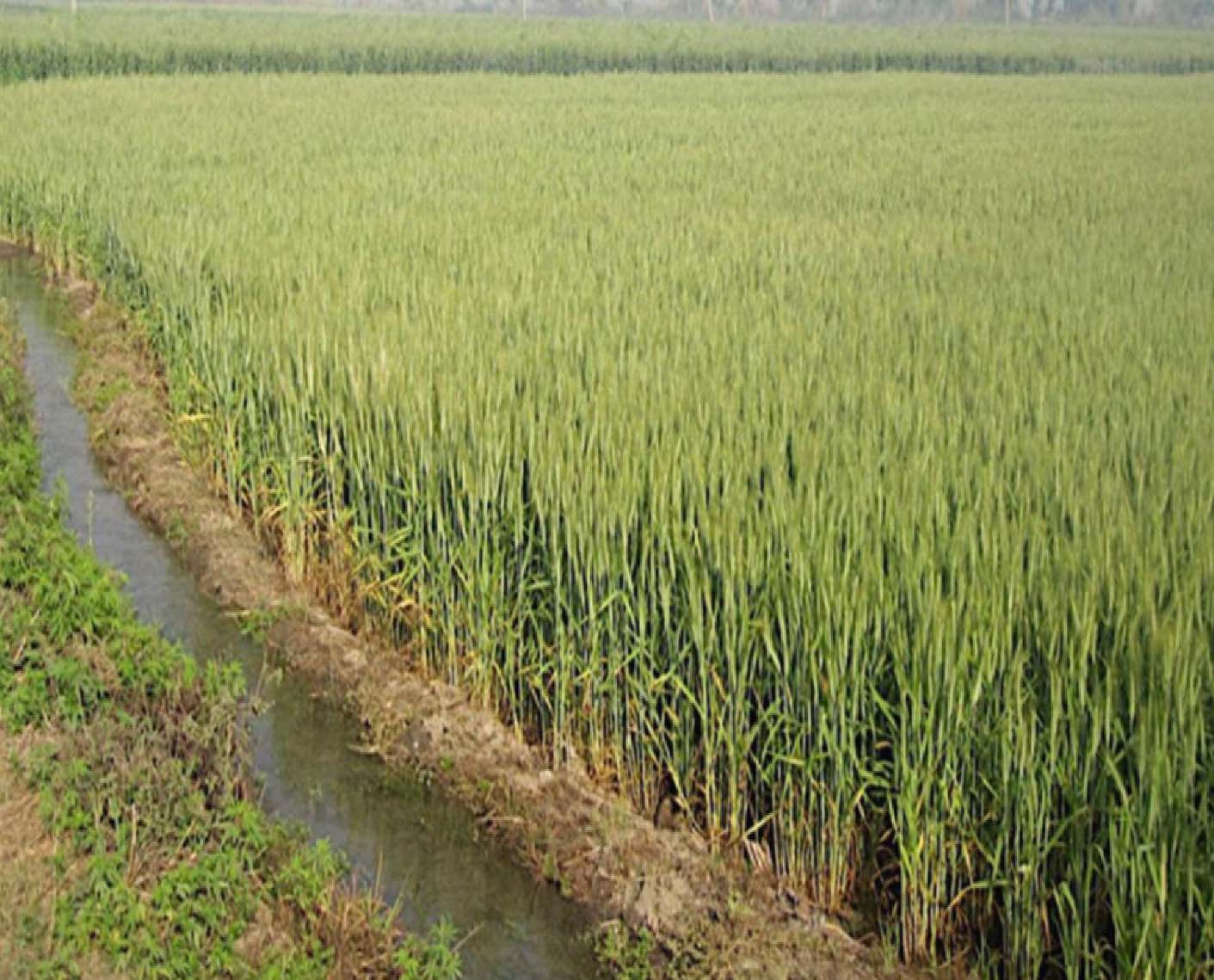This document presents the proceedings of the annual review meeting by India Meteorological Department (IMD) on “Forecasting Agricultural Output Using Space, Agrometeorology and Land Based Observations” (FASAL) organized at YASHADA, Pune during 1-2 August 2011.
The key points discussed in the meeting include -
- The merit of the FASAL programme under the climate variability in recent past and projected climate change scenario in the country was discussed.
- The scheme is very important not only for academicians but also for planners for taking important decisions within the season particularly before the harvest of the crops.
- There is a need for developing both statistical and crop simulation models.
- Modern technology like ICT would be of much use in designing a strong network among Agri Meteorology Field Units (AMFUs) to interact effectively with each other.
- Research papers/articles are required to be documented in simple languages which can be easily understood by end users.
- The open source statistical packages can be used for easy understanding of statistical concepts for improving the skills.
- Crop acreage estimation and crop yield forecasting are crucial for planning and policy making. Kharif season is the most complicated season as crop production depends on monsoon rainfall. India Meteorological Department is supposed to issue crop yield forecasts of 11 major crops in the country based on weather parameters also by giving multi-forecasts within the seasons. Pre harvest forecasting is multidisciplinary as it involves meteorology, statistics, agronomy, remote sensing, crop physiology etc. The use of proper statistical method and selection of parameters on the basis of correlation coefficients will be helpful for accurate yield forecasting.
- Role of IMD to generate multiple forecasts of crop yield of major crops during each season, coverage at district/agro climatic zone/state/national level, development, testing and validation of crop growth simulation models, adhering to monitorable physical and financial targets each year is crucial.
The meeting recommended the following -
- All the meteorological data should be provided to the concerned organizations working under FASAL project for
 estimation of crop yield.
estimation of crop yield. - Crop data (latest up to 2009-10) required under this project should be collected from diverse sources. Department of Agriculture and Cooperation should provide the district-wise crop yield data for last 30 years.
- In addition to archive data, IMD should also provide current year as well as day to day meteorological data.
- A core committee comprising the scientists of IMD, Space Applications Center (SAC) and State Agricultural Universities (SAU) should be constituted to explore the use of satellite derived weather parameters and subsequently other parameters in crop yield forecasting models.
- Correct planning and correct statistical approach should be taken to develop yield forecast. Indian Agricultural Statistics Research Institute may be consulted in this regard.
- In depth hands on module training on both statistical and crop growth simulation should be provided to all concerned engaged in FASAL project. All the centres under this project should develop and issue crop yield forecast initially statistical model and subsequently by crop growth simulation model.
- Indian Agricultural Statistics Research Institute may be requested to make available manuals and software pertaining to statistical models for crop yield forecasting.
Download the report here -
Path Alias
/articles/forecasting-agricultural-output-using-space-agrometeorology-and-land-based-observations
Sub Categories